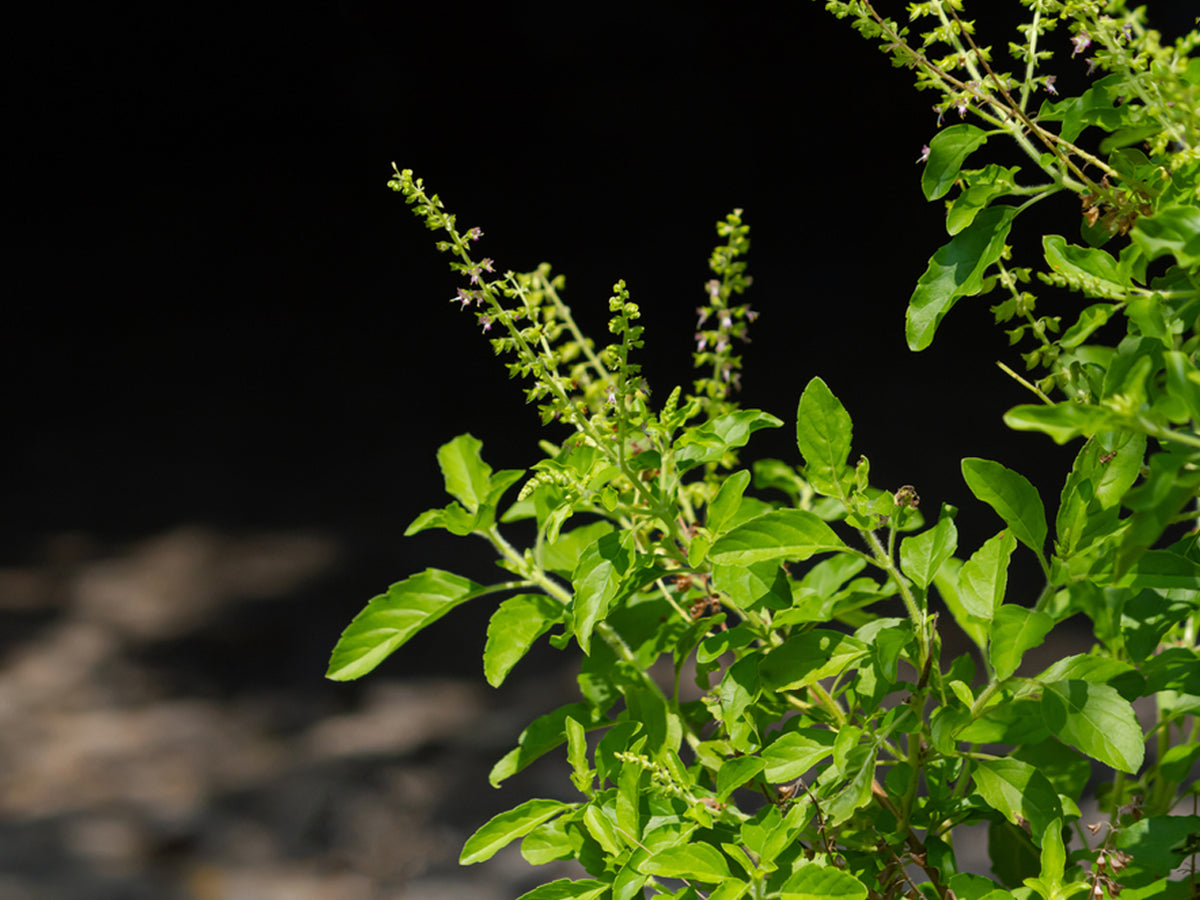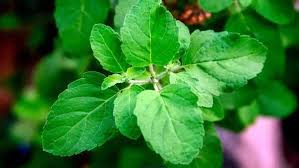Tulsi plant has an important place in Hinduism. Tulsi leaves are a must in every auspicious work. These leaves, a mine of qualities, are also very beneficial for our health. In Ayurveda, Tulsi is considered a powerful herb. Its leaves balance Kapha-Dosha. Minerals like iron, zinc, manganese, calcium and phosphorus are found in Tulsi. Also, it contains plenty of Vitamin C, Vitamin A and K which benefit your health in many ways. Tulsi, rich in antioxidant properties, is a natural immune booster. In such a situation, by using it in the rainy season, you will not fall prey to cold and cough. So, let’s know how to use these leaves in the rain?

Cold and cough are cured: Tulsi leaves contol cold and cough
The anti-inflammatory and antimicrobial properties present in Tulsi help in reducing cold and cough and asthma by removing sore throat. The element called eugenol present in its leaves is also beneficial for your lungs. Tulsi is rich in antioxidants and vitamin C which rapidly increase your immunity.
Tulsi leaves are also effective in these problems:

Fighting infection: Tulsi has antibacterial and antiviral properties that can help prevent infections during monsoon.
Reducing fever: The natural coolness present in Tulsi can help reduce fever, reduce symptoms like headache and body pain.
Aiding digestion: Tulsi can help improve digestion and reduce the risk of stomach infections that are common during monsoon.
How to consume Tulsi leaves:
You can consume Tulsi leaves in many ways. If you consume tea, then make tea by adding some Tulsi leaves to the tea and then drink it. You can also consume basil by making a decoction of it. You can consume basil decoction 3 times a week or you can also chew some leaves raw.




